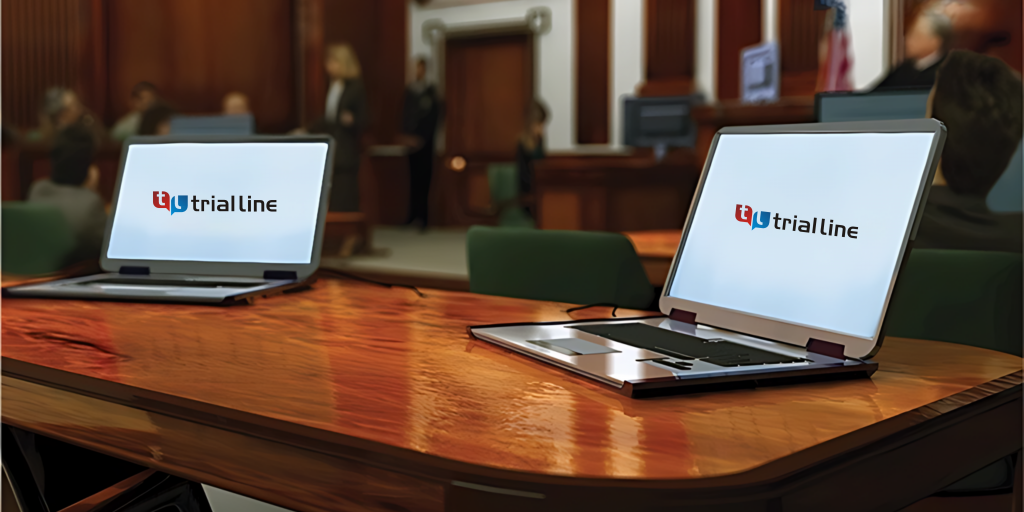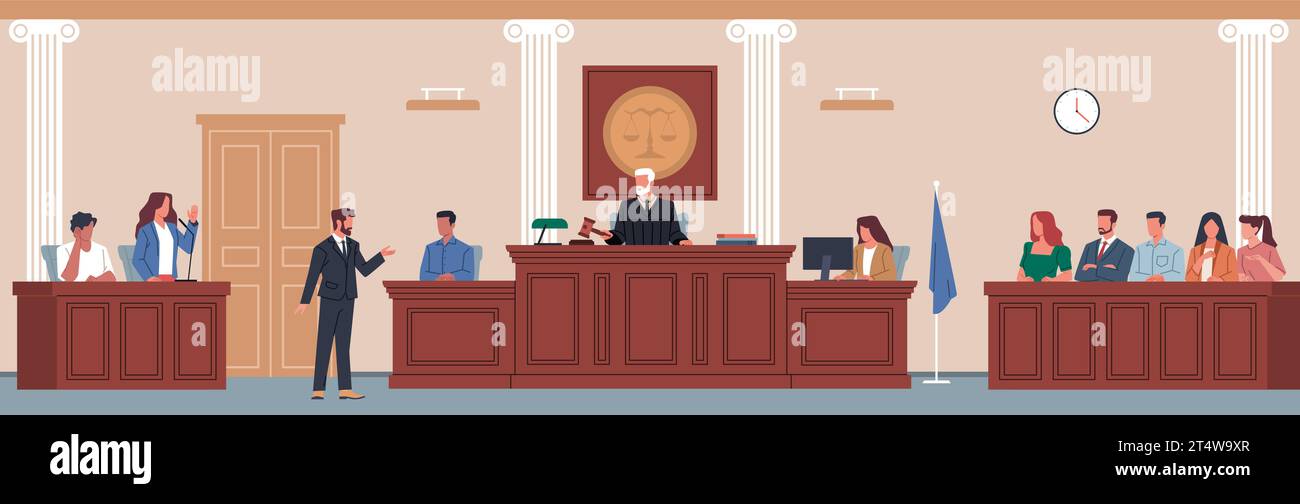Persuasive trial presentations make legal points stronger.
Persuasive trial presentations make legal points stronger.
Blog Article
How Trial Presentations Enhance Your Disagreement and Convince Jurors
Trial discussions serve as a critical mechanism for improving lawful arguments and encouraging jurors. The critical use of visuals not just clears up complex information but additionally catches jurors' interest more effectively than words alone.

Relevance of Visual Help
Aesthetic aids play a crucial role in boosting the effectiveness of trial presentations, as they can considerably raise audience interaction and retention of info. In the context of a trial, where jurors are tasked with handling complicated info, visual help serve to streamline and clarify bottom lines. Charts, charts, and photos can convey data and ideas that might or else overwhelm or puzzle jurors, enabling a much more straightforward understanding of the proof presented.
In addition, aesthetic aids aid in maintaining juror focus throughout the procedures. By breaking the uniformity of verbal testament, these devices can punctuate vital debates, making them much more remarkable. Reliable aesthetic aids can additionally evoke psychological feedbacks, which can be critical in persuading jurors to straighten with the presenter's story.

Crafting Engaging Narratives
An engaging story is necessary in trial presentations, as it works as the backbone of efficient persuasion. It enables attorneys to weave together truths, proof, and emotional components into a meaningful story that reverberates with jurors. This narrative framework enables jurors to comprehend the intricacies of the case while assisting them through the lawyer's debate.
To craft a compelling story, lawyers should concentrate on clearness and comprehensibility. This involves establishing a clear protagonist-- often the client-- and describing their journey with the occasions concerned. Presenting the truths in a rational series boosts understanding and keeps engagement. In addition, using vibrant descriptions can produce psychological pictures that assist jurors picture the occasions, making the story extra remarkable.
Moreover, integrating key motifs throughout the discussion strengthens the core message and aids in retention - trial presentations. The narrative must not only convey information yet additionally evoke a sense of justice, highlighting the risks entailed. Eventually, a well-constructed story fosters a connection in between the jurors and the instance, positioning the attorney's debate as both trustworthy and compelling, thereby raising the probability of a beneficial verdict

Involving the Court Mentally
Reliable jury interaction pivots on the lawyer's capacity to connect with jurors on an emotional degree. This connection can dramatically influence jurors' perceptions and their ultimate decision-making.
Visual aids, such as photos or videos, can even more enhance emotional engagement, supplying jurors with vibrant representations of the situation's human elements. Crafting a narrative that highlights the struggles and victories of the individuals included ensures that jurors see beyond the legal arguments and recognize the human consequences of their decisions.
A lawyer's enthusiastic shipment can resonate with jurors, enhancing their psychological check that financial investment in the instance. It's necessary to balance psychological charms with factual proof, making sure that jurors feel urged to act while staying grounded in the fact.
Structuring Your Presentation

The body of the presentation need to be rationally fractional into bottom lines, each supported by compelling proof. It is useful to make use of storytelling methods to weave truths right into a story that jurors can easily adhere to. Aesthetic aids, such as graphes and videos, can improve understanding and engagement, helping to highlight important items of proof.
Real-World Study
Taking a look at real-world study provides indispensable insights into the art of trial presentations and persuasion. As an example, the landmark case of "O.J. Simpson v. The People of California" illustrates how visual aids and compelling stories can guide jury understandings. The defense team effectively employed a strategy that combined top-level specialist statements with multimedia presentations, which captivated jurors and ultimately affected their choice.
An additional remarkable example is the "McDonald's Coffee Instance," where the complainant's attorneys made use of graphic photos of the see injuries endured by Stella Liebeck. trial presentations. This stark aesthetic evidence played a crucial duty in conveying the extent of her burns, causing a significant court honor. Such situations show that impactful trial discussions typically depend upon the efficient integration of visuals and narration to evoke emotional feedbacks from jurors
Additionally, the "Casey Anthony Test" click here to read highlighted the significance of narrative comprehensibility and integrity. The prosecution's failing to establish an engaging timeline diminished their convincing power, emphasizing the requirement of a well-structured discussion. Analyzing these situations discloses that successful trial discussions call for strategic planning, psychological involvement, and the ability to resonate with jurors' worths and ideas.
Verdict
Test discussions substantially improve disagreements and convince jurors with the tactical use of visual help, engaging narratives, and emotional engagement. A well-structured discussion equilibriums psychological charms with factual evidence, inevitably reverberating with jurors' values.
Report this page